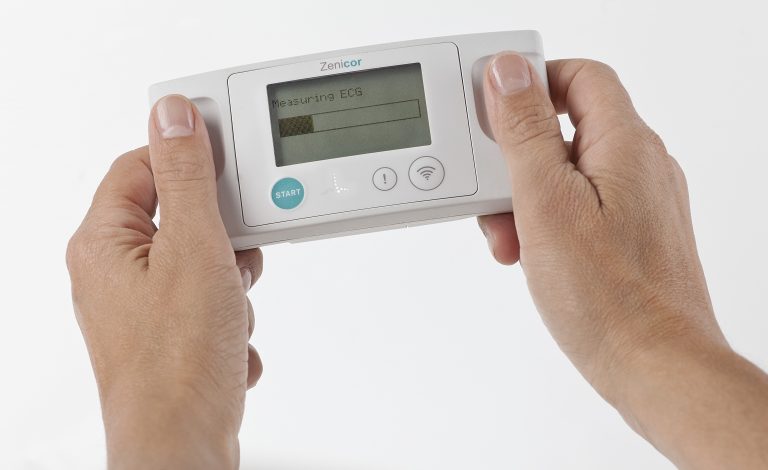St Mary’s Surgery joins hidden heart condition research trial
Update from Dr Young: we received a huge response from patients wanting to be involved in this trial. The study is now full. Thank you to all who expressed interest. 12.5.21
St Mary’s Surgery is participating in a landmark research trial that will help test screening for a common heart condition known to be a trigger for strokes.
The £3m trial, funded by the National Institute for Health Research, and run by the University of Cambridge will recruit 2,100 people aged over 70 in East Anglia to screen for undiagnosed atrial fibrillation, the heart condition responsible for one in ten strokes.
The research project, known as the SAFER trial, is important because atrial fibrillation (AF) is a common heart problem especially for people over 70. Many people do not know they have it, but the condition is linked to increased risks of serious problems like stroke, heart attack and dementia.
Dr Katrina Young, clinical trial research lead at St Mary’s Surgery, said: “We are delighted to be part of this national research trial. With about 10% of strokes occurring in people who do not know they have a heart condition, any research that can help significantly reduce risk is hugely important.
“If screening helps us diagnose patients with AF sooner, we can more readily treat them and help reduce the risk of more serious problems.
“St Mary’s Surgery will invite eligible patients and support any that take part in the trial.”
The research programme has been designed to meet current COVID-19 guidelines. The SAFER trial will be done remotely. Patients will be screened in their homes by a small handheld device that takes heart rhythm readings and sends the data to the researchers automatically.
Ultimately, the research team will need 126,000 people from across the country to achieve clear test results. The NHS will then decide whether to start a national screening programme for AF.
More information about the SAFER trial.

St Mary’s Surgery is a research active practice.